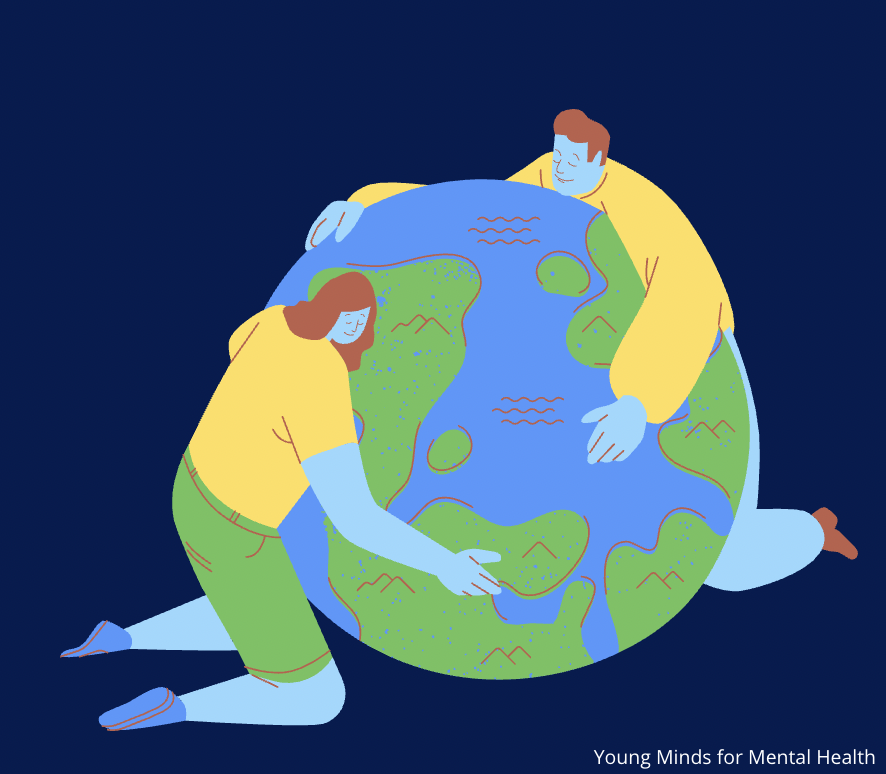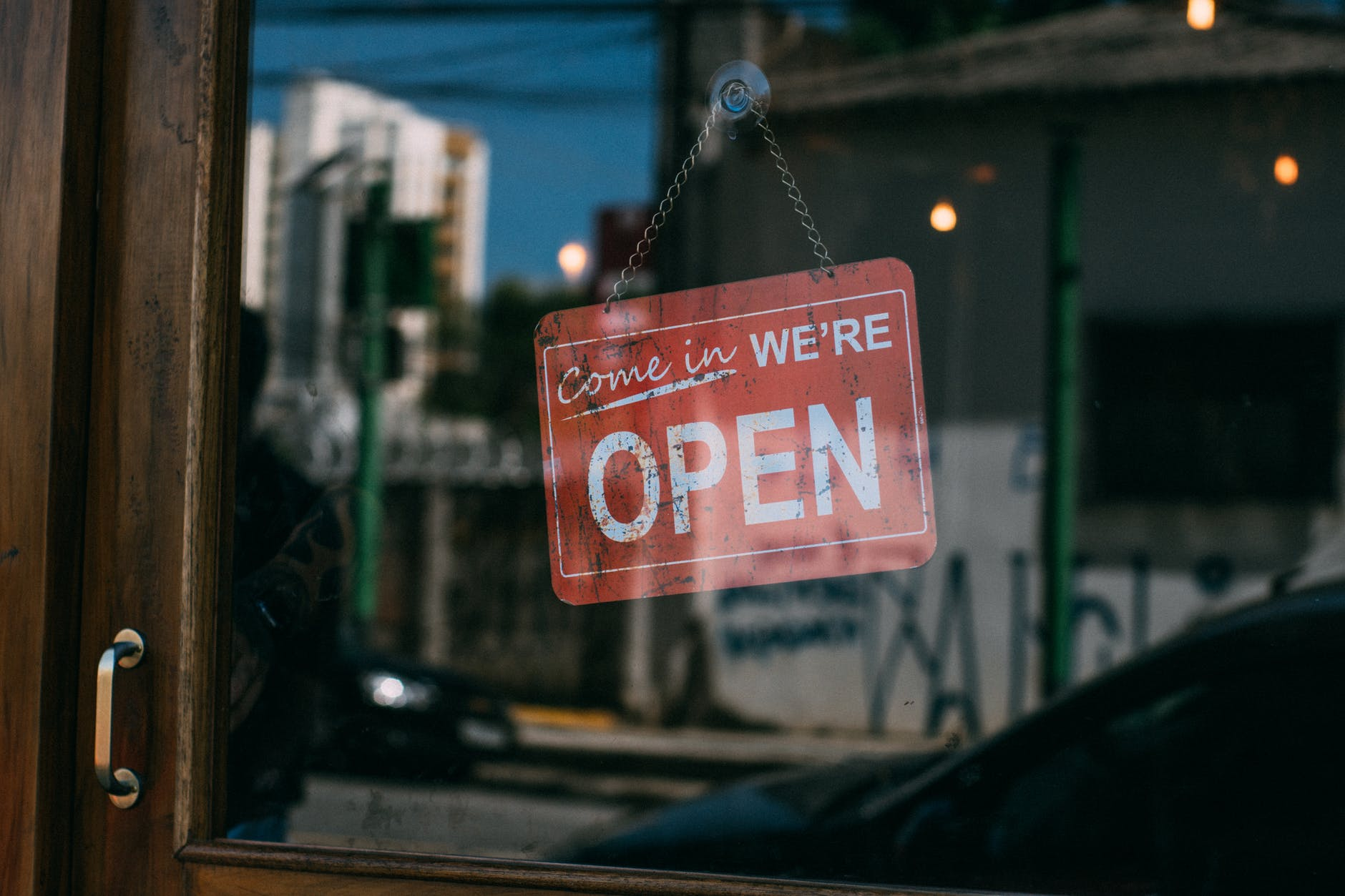By the end of March 2020, when international COVID-19 travel restrictions were put into place between multiple countries in the world, there was no doubt that the spread of the virus had to be prevented. There were many stories of those courageously battling the virus. Most governments allowed only essential travel – medical personnel, truckers, food harvesters.
What was not considered essential was family.
And there became the looming shadow pandemic of a mental health crisis.
In a worldwide, terrifying, pandemic not seen in lifetimes, who would you want most at your side? And how would you feel if you were denied that opportunity.
Their stories were told in miscarriages suffered alone, deaths without final goodbyes, children born isolated, and illnesses fought without supports.
This is the story of Matleena and Prema, with the travel restrictions forcing a choice between their family in Finland and their income source in India, leaving four young children without their father. The Harvard Educational Review has shown past immigration issues can result in the long term traumatic, depressive, and anxiogenic effects on children separated from their parents. With COVID-19 taking so much already, do we want pandemic policies to further harm these children?
This is the story of Aurelie and Justin, who despite being married, remain separated due to arbitrarily distinct reunification rules for permanent vs temporary residents in New Zealand. Does immigration status leave one less entitled to the right of family?
This is the story of Donna McCall, a Canadian mother hospitalized with organ failure, whose non-Canadian children were not allowed to say goodbye.
According to Donna’s widow, their children’s last moment with their mother was by video chat.
“Facetime is not the same.”
These are the stories of families that the world did not deem essential.
And with a single policy change making family essential, the mental health shadow pandemic could be addressed.
The group I founded, the Faces of Advocacy, successfully petitioned the Canadian government to allow Extended Family and Compassionate exemptions to the COVID-19 related travel restrictions. We conducted two surveys under the Mental Health Index, assessing the toll on mental health decline due to family separation.
The numeric rubrics were startling. In the initial index of over 1000 people, there was a near doubling of suicidal and self-harm thoughts since the implementation of the COVID-19 travel restriction related family separations. Using validated mental health screening tools (PHQ2, GAD7, PCL-C), 60-70% of respondents showed symptoms of moderate to severe depression, anxiety, and post-traumatic stress disorder. This was all the more troubling when considering that 49% of respondents stated they have never been diagnosed with a mental illness prior.
Four months after the government allowances, we assessed those who still were not reunited with their families. Of that subset, 53% of respondents were apart for more than 11 months, the entire duration of the pandemic. Suicidal and self-harm thoughts in this group were at 16% prior to the separations – still separated, it is a horrifying 39%. Depressive symptom scores in this population are vastly in the severe range, with 97% reporting they feel their mental health is on a downward trajectory being away from their loved ones.
Exacerbating these mental health concerns are the moments lost. The stories people will never get back with those they love. People are more than statistics.
“2020 is a rough year for all. Imagine going through it without your family.”
The public response varies, from sympathetic to “how can you be so selfish?” To the latter, I ask you to analyze the unnecessary dichotomy presented; be with your family and everyone dies, or stay apart forever and everyone lives.
In a world where the Olympics are scheduled to start in 2021, family reunification is not the problem.
These experiences are not exclusive to Canada. The pain of family separation is universal, and the mental health impact can be incalculable. The World Health Organization approved a “Comprehensive Mental Health Action Plan for 2013-2020” eight years ago. There is no debate that mental health is a priority for all the world. And as with any medical metric, the social determinants of health must be addressed – the support systems, the accessibility of care, and the protection of human rights.
All of which can be embodied by family.
Family reunification must not be vilified.
Mental health has suffered.
Families have suffered.
People have suffered.
The worldwide #loveisnottourism movement is predicated on one simple fact – family reunification is not a luxury. It is an unshakable need, the core draw to be with your loved ones particularly during a worldwide crisis, not in spite of it. There are many countries who have yet to implement exemptions for binational families.
Please change this policy.
Family may keep the world together in a time when we have lost so much. COVID-19 will be with us for a long time. We must prepare and plan to both protect life and live life.
And when we are all together again, what a story that will be.
Dr. David Edward-Ooi Poon is a Canadian family physician completing a residency in Public Health and Preventive Medicine at the University of Toronto working on the intersection of public and mental health. He is the founder of Faces of Advocacy, a Canadian organization dedicated to the safe reunification of binational families during the COVID-19 related travel restrictions. This campaign, alongside research into the mental health effects of family separation, was directly responsible for subsequent government changes to immigration policies. In 2021, he completed his MPH at Columbia University in Health Policy and Management. He is thrilled to have studied at the same school as his hero: Spider-Man.



